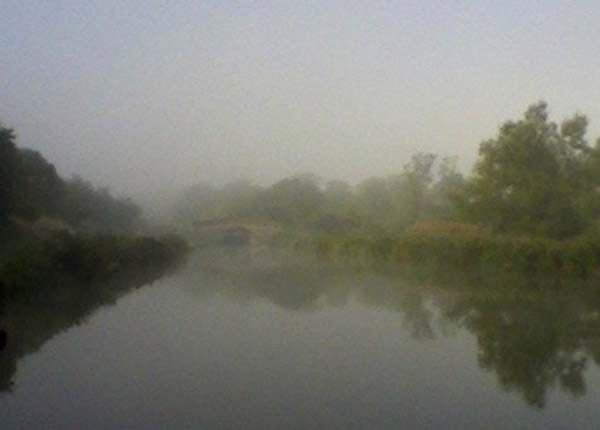The NABO rep for the south of England, Andy Colyer, has publicly condemned BW’s unlilateral decision to disband the Local Mooring Strategy Steering Group. “I told you so” he said
Opinion
Local NABO rep furious at BW’s decision to disband local mooring strategy group
Tuesday, February 7th, 2012Piss up, brewery
Saturday, December 17th, 2011These words will be contained in a description of almost any work carried out by British Waterways.
I walked 3 miles home tonight, bit chilly out. I should have cycled home but I had a puncture, another one.
Everyone I know who cycles, so most boaters, in the Limpley Stoke valley has had multiple punctures recently.
Why?
Because the organisation that can’t even think of a name for itself, had the hedgerow flailed and didn’t clear up the trimmings leaving the path strewn with thorns.
They have been notified. They have done nothing. Complaints have been made about this, there has been no reply yet because BW always take as long as they can to respond.
Anarchists Ahoy!
Friday, September 16th, 2011We spotted this on one of the blogs that likes to keep up with our doings;
“Well done sue, a separate boat licence for those who wish to stay in one place to work etc, not paying for moorings or marina berths like the rest of us, taking up prime towpath moorings near towns should be charged at a premium!
As for the kanda website i have been aware of it for some time now and have concluded from the fact that they are obviously well organised and researched that they may be more than mere troublemakers and could in fact be some kind of anarchist contingent!
I am following you’re blog with interest and would like to hear others opinions on how to can deal with this potential menace! David”
I think you’ll find, David, that we are far more than a ‘potential’ menace but thank you for the compliments, we like to think our research is good.
Now off to try and organise a cup of tea.
Policy and Law Reform Objectives for Boat Dwellers Proposed
Monday, August 22nd, 2011A boaters’ group has proposed that the transfer of British Waterways to charity status would be an ideal opportunity to put in place statutory protection for the homes of all boat dwellers in the UK. Currently there is no legal recognition of the homes of boat dwellers (a boat is a chattel in law) and no statutory protection from eviction.
Dog Loo
Sunday, April 24th, 2011We have received a message from Simon Greer who says:

A Simon Greer Creation. BW were invited to advise on what they are doing about this massive problem. They have responded as below. Toxocariasis is what makes you blind. Perhaps BW have it?
BW saw this spoof advertisement on 19 April and Simon Salem of BW responded the following day. He advised that BW cannot sort out this problem because they do not have the necessary legal power. Instead they have a voluntary code. I have asked why BW cannot use the space on the side of their vans to pass on an important public message. I have proposed: